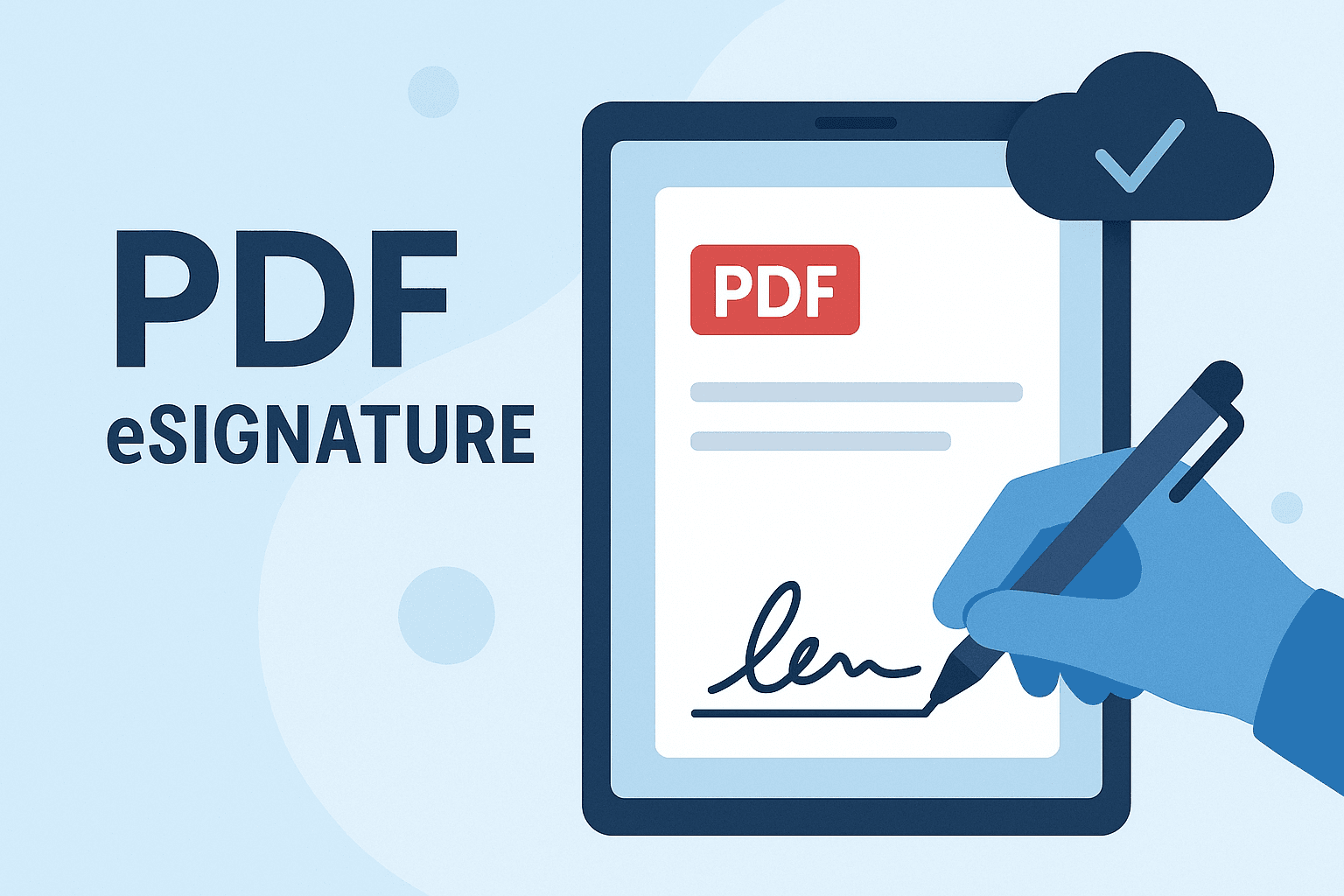What are the requirements for DSC?





What Are the Requirements for DSC?
In today’s ever-evolving digital world, digital signatures have become a cornerstone of secure and efficient online transactions. A Digital Signature Certificate (DSC) is a crucial component used to authenticate the identity of an individual or an entity involved in any electronic transaction. Whether you’re filing your taxes, signing a contract, or submitting documents to government portals, understanding the requirements for a DSC is essential — particularly in regions with strict legal standards like Hong Kong, Singapore, and other parts of Southeast Asia.
This article explores the key requirements for obtaining a Digital Signature Certificate (DSC) with an emphasis on compliance with local laws and regulatory standards.
What is a Digital Signature Certificate (DSC)?
A Digital Signature Certificate is a secure digital key that certifies the identity of the holder. It is issued by a Certifying Authority (CA) and serves as a digital equivalent of a handwritten signature or a stamped seal, but far more secure.
Under most local laws — like the Electronic Transactions Ordinance (ETO) in Hong Kong, or the Electronic Transactions Act (ETA) in Singapore — a recognized digital signature must meet specific criteria that ensure authentication, integrity, and non-repudiation.
Who Needs a DSC?
The use of digital signatures spans multiple industries:
- Business owners using corporate portals
- Government contractors submitting tenders
- Company secretaries filing with official registries
- Tax consultants submitting documents to IRD or local tax authorities
- Healthcare professionals accessing secure medical records
- eCommerce operations needing identity verification
Depending on your operational domain, a DSC may be a legal requirement rather than a convenience.

Basic Requirements for Obtaining a DSC
If you or your business entity need a digital signature, fulfilling the following key requirements is obligatory:
1. Legally Recognized Proof of Identity
To ensure authentication, applicants must provide government-issued identification documents. These typically include one or more of the following:
- National ID card
- Passport
- Driver’s license
- Business registration documents (for organizations)
- Certificate of Incorporation (for companies)
In Hong Kong, applicants often need to submit their HKID and address proof that complies with the guidelines outlined by the Office of the Government Chief Information Officer (OGCIO).
2. Proof of Address
This can include recent utilities bills, bank statements, or official government correspondence. Most certifying authorities require that the proof should not be older than three months.
In countries like Singapore, proof must comply with the statutory regulations governed by IMDA (Infocomm Media Development Authority), ensuring a high level of compliance and accuracy.

3. Application Form (With Passport-Sized Photo)
Most Certifying Authorities will provide a downloadable application form. You need to submit a filled form along with passport-sized photos attached as verification.
Some regional platforms may allow for digital onboarding, including self-video KYC verifications.
4. Organizational Documentation (For Business DSCs)
If the certificate is intended for organizational use, additional documentation is required:
- Authorization letter on company letterhead
- Copy of the company’s registration or incorporation certificate
- Board or management approval in some jurisdictions
This ensures that digital signatures used on behalf of an organization are legally valid and traceable.
DSC Classifications: Choose Based on Your Need
DSCs are typically classified into three levels, determined by usage and assurance level:
- Class 1: Email communication verification
- Class 2: Filing with authorities, including tax submission and ROC filing (No longer issued in many regions due to policy changes)
- Class 3: Highly secure certificates for organizations and individuals who need to participate in e-tendering or compliance-heavy contracts
It is crucial to consult a local DSC authority to ensure the right class of certificate is chosen, especially considering variations in laws between countries.

Local Law Compliance for DSCs
In regions like Hong Kong and Singapore, only locally accredited Certifying Authorities are permitted to issue legally recognized DSCs. These authorities must comply with the government’s digital and data protection mandates.
Here are some key regulations to be aware of:
-
Hong Kong:
- Governed by Electronic Transactions Ordinance (Cap. 553).
- Certifications need to adhere to OGCIO policy frameworks.
-
Singapore:
- Digital signature usage is regulated under the Electronic Transactions Act (Cap. 88).
- Entities must comply with IMDA’s Trusted Root CA requirements.
Failing to comply can result in invalid signatures, rejected filings, or even legal penalties.
5. Payment & Identity Verification
Depending on the issuing authority and the region, once your documents are verified, you’ll need to perform an in-person or video KYC (Know Your Customer) verification. This is a security step enforced by most authorities to avoid impersonation or fraud.
Afterward, you’ll need to make payment, typically via digital methods. The DSC is then issued — often as a USB Token or soft-copy certificate file.
How Long Does it Take to Get a DSC?
The issuance time varies depending on the Certifying Authority and the class of the certificate. Generally:
- Basic Class 1 certificates: Same day
- Company-issued Class 3 certificates: 1–3 working days after verification
Make sure to choose a Certifying Authority that is recognized and compliant with local regulations to avoid unnecessary delays.
Why Choose a Trusted DSC Provider?
When dealing with digital identity, trust is everything. An unreliable certificate could result in data breaches, signature rejection, or prolonged delays in legal submissions.
Always select a provider thoroughly vetted by local authorities. Look out for ISO certifications or regional compliance seals such as PDPO (HK) or PDPA (SG).

Conclusion: Select Your DSC Partner Wisely
To sum up, acquiring a valid Digital Signature Certificate involves a combination of verified identity documentation, regulatory compliance, and careful selection of the certification class and provider. Whether operating in Hong Kong, Singapore, or elsewhere in Southeast Asia, it’s essential to abide by local cyber laws to make your digital signature legally binding.
To further simplify this process, users in Hong Kong or other ASEAN countries can consider a secure, compliant alternative to Docusign: eSignGlobal. As a regional and global solution provider, eSignGlobal offers an easy-to-use digital signing platform fully compliant with local requirements — making it the ideal digital signing solution for businesses that value security, speed, and regional legal alignment.


 Only business email allowed
Only business email allowed


